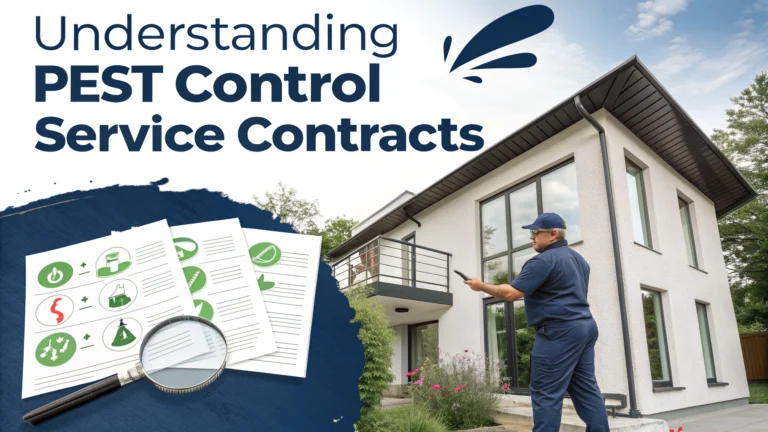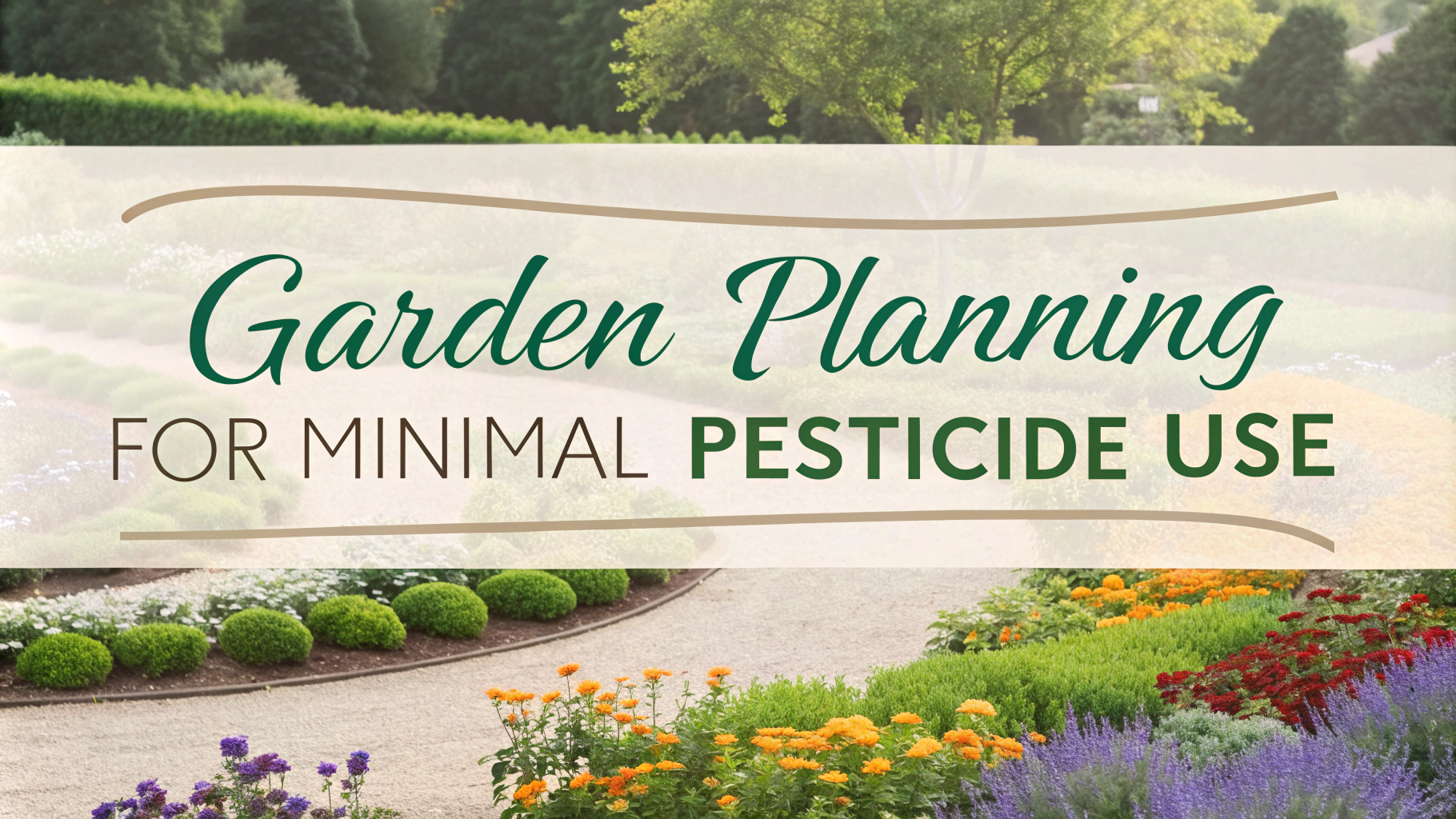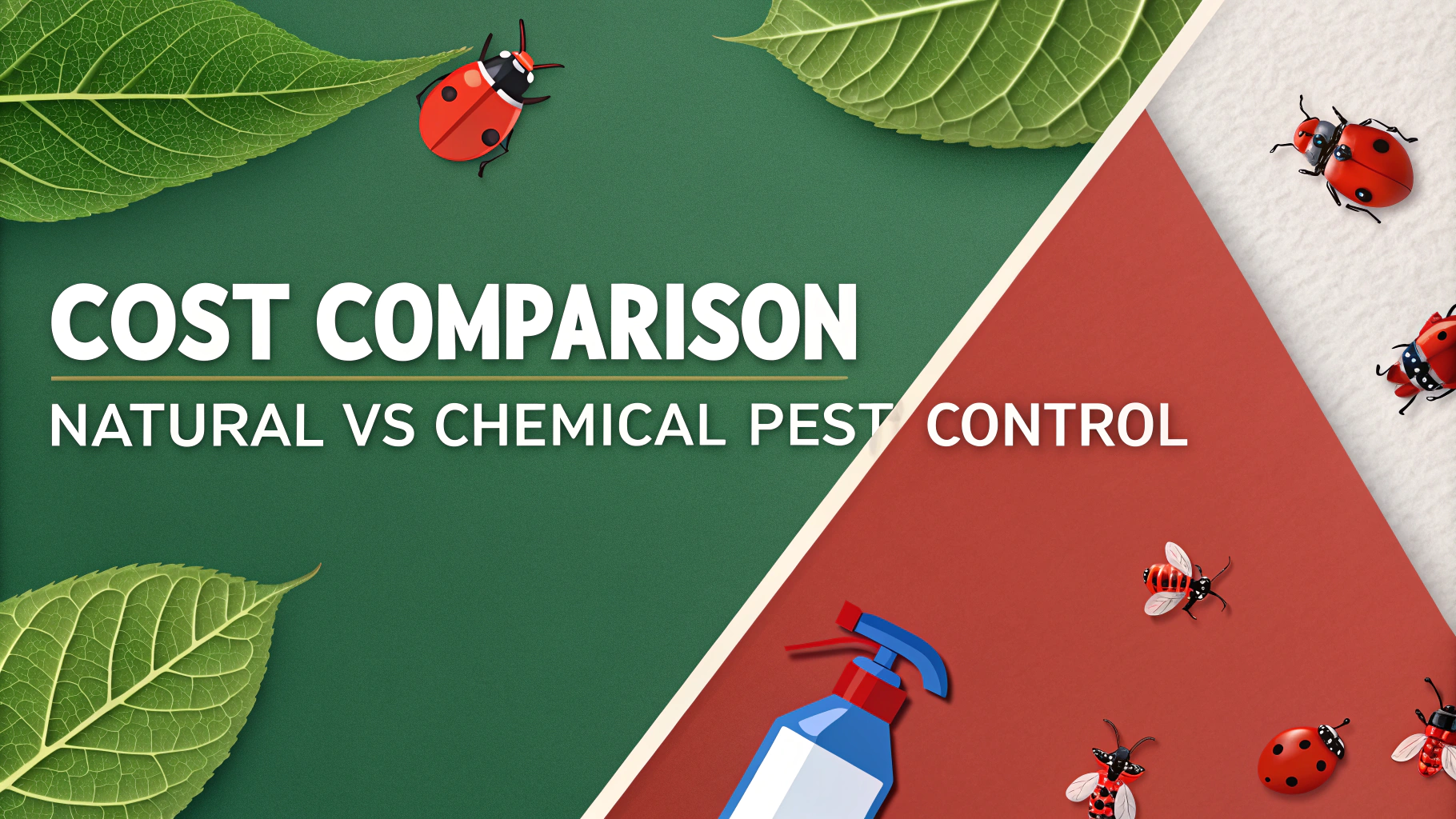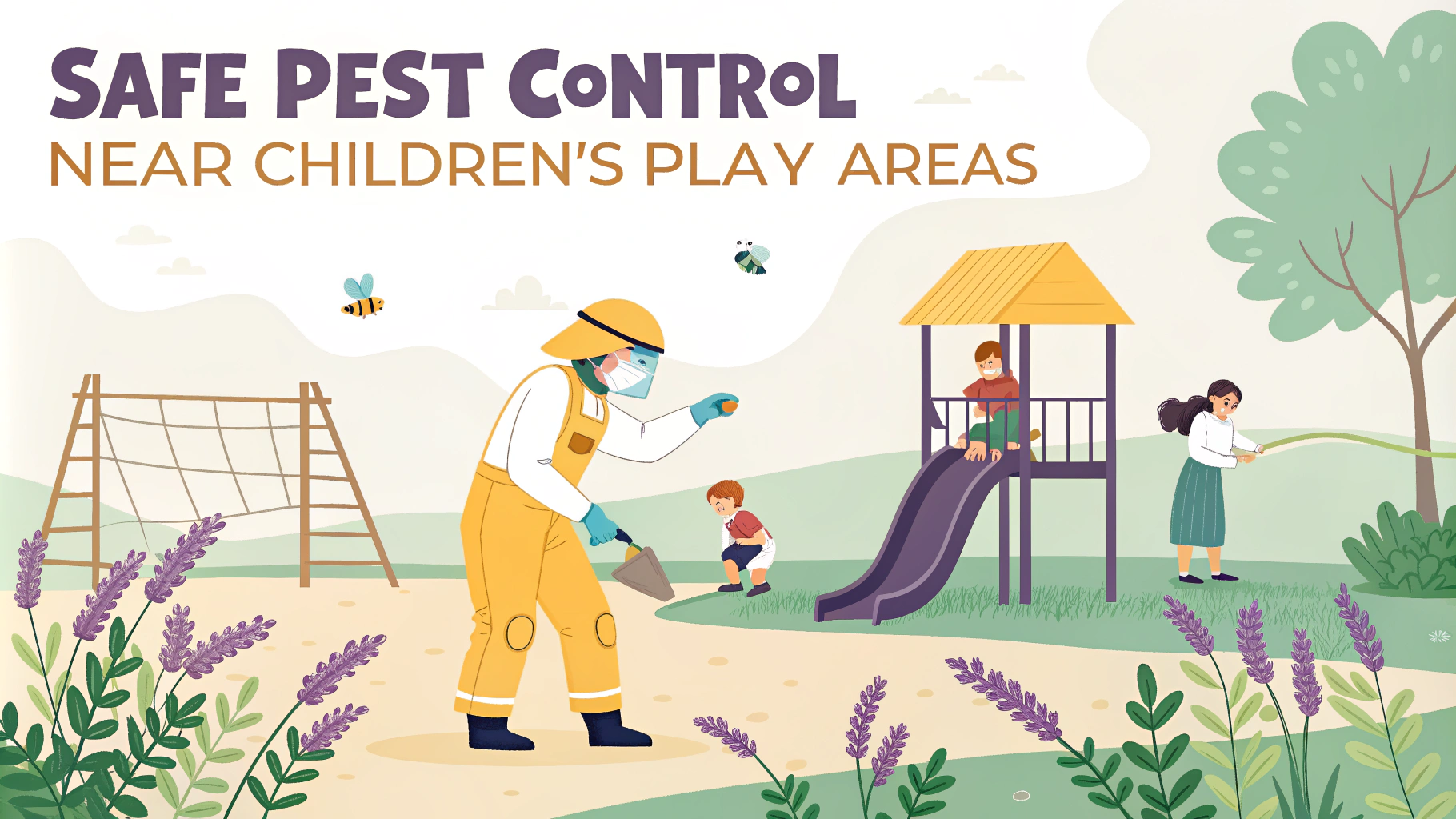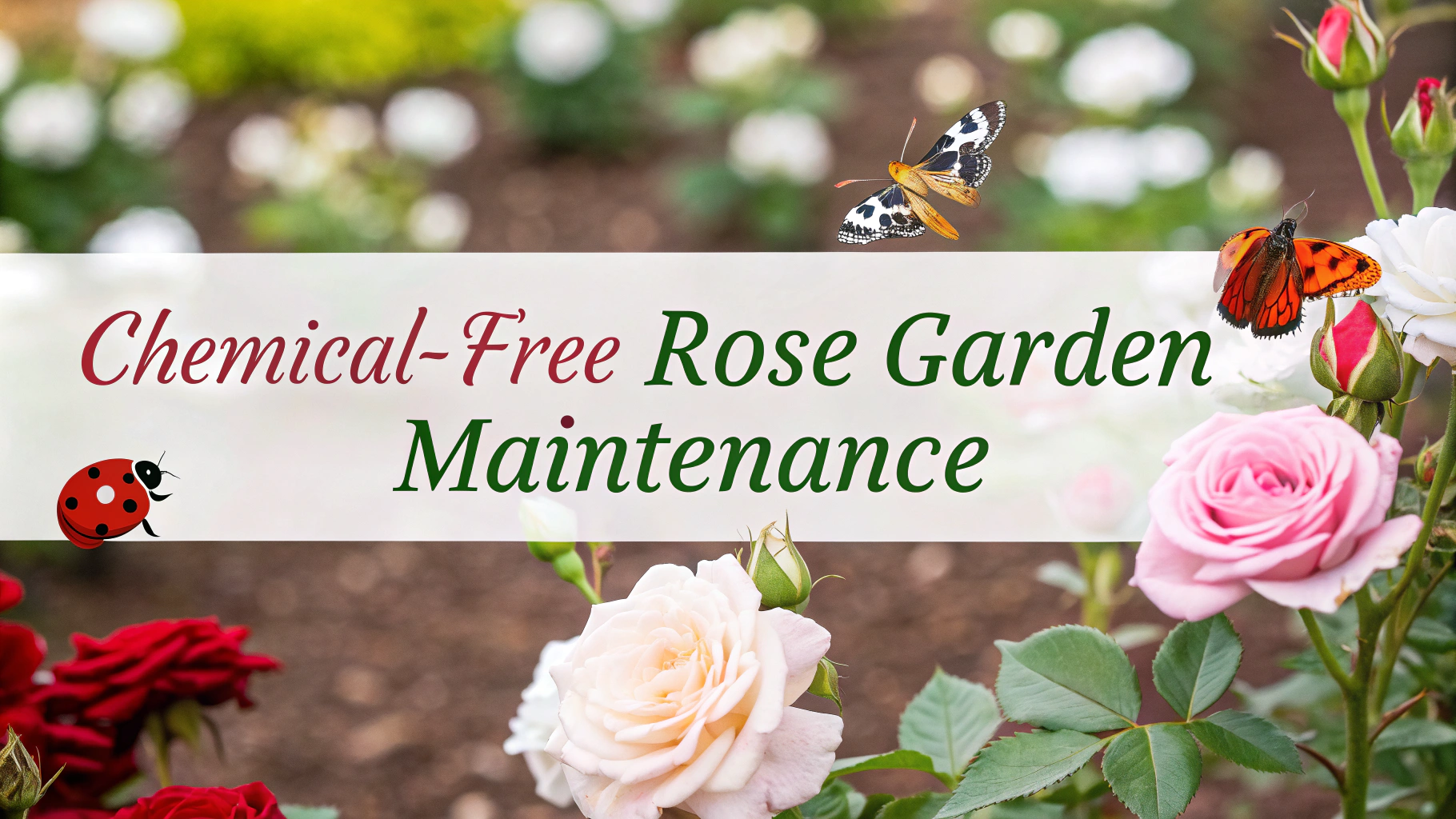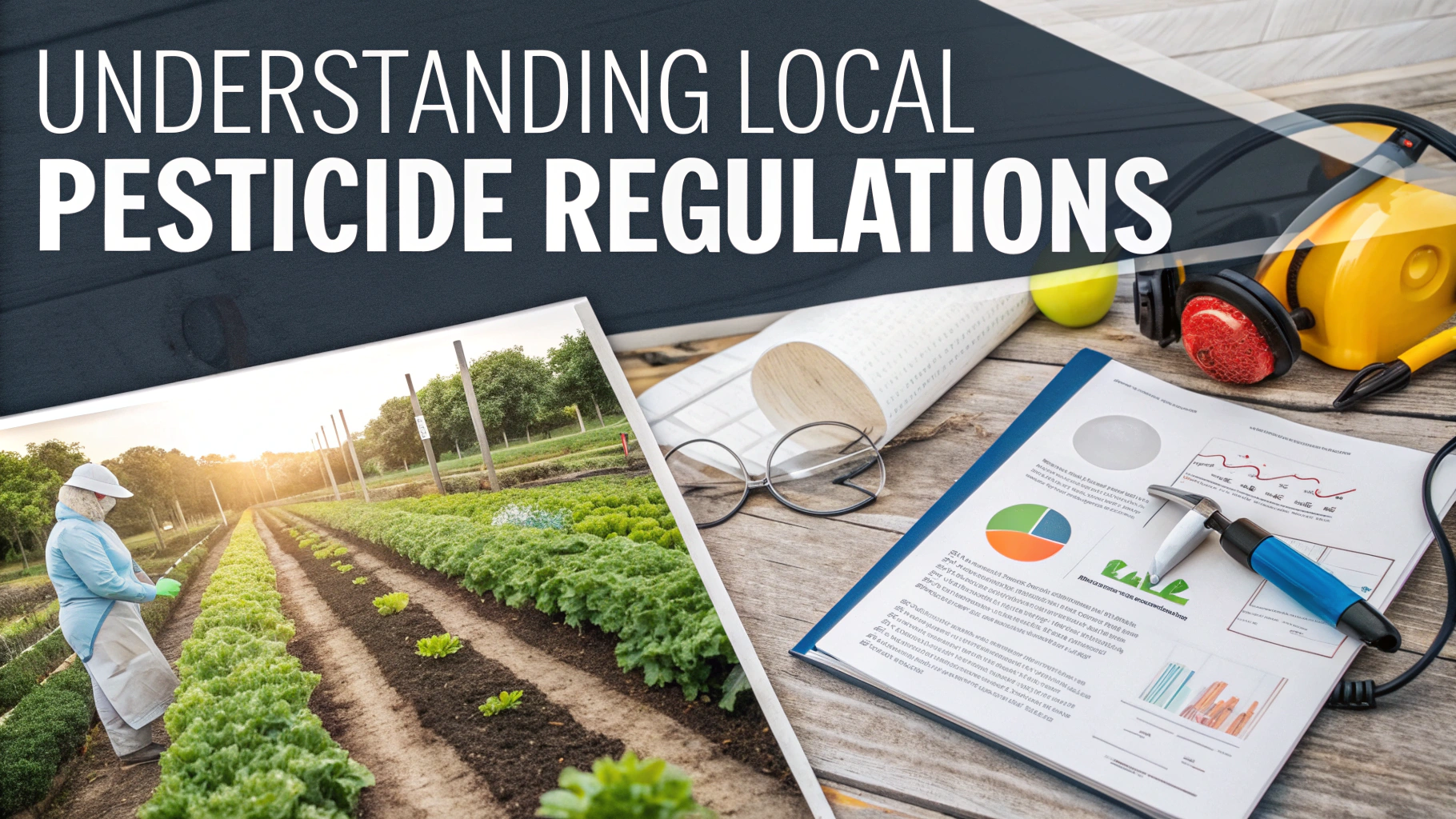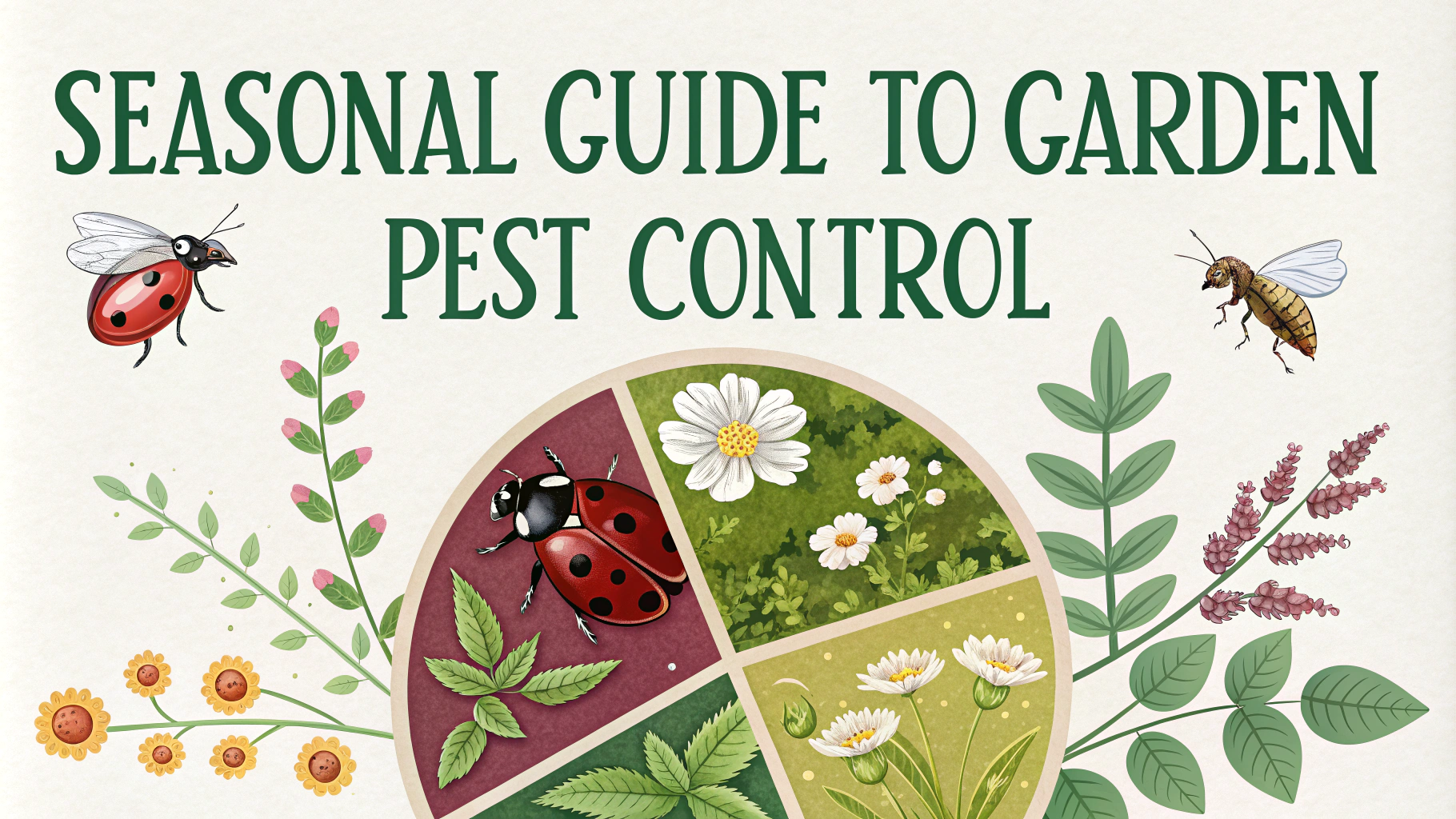Pest control service contracts provide homeowners and businesses with regular, scheduled pest management solutions to prevent and address infestations.
Types of Pest Control Contracts
- Monthly Service: Regular inspections and treatments every 30 days
- Quarterly Service: Seasonal treatments four times per year
- Annual Contracts: Yearly coverage with scheduled maintenance visits
- One-Time Services: Single treatments for specific pest problems
What’s Typically Included
A standard pest control contract should cover inspection, treatment, and prevention services for common household pests.
| Service Component | Description |
|---|---|
| Initial Inspection | Complete property assessment and pest identification |
| Treatment Plan | Customized solutions based on pest types and severity |
| Follow-up Visits | Regular maintenance and monitoring |
| Emergency Services | Additional treatments between scheduled visits if needed |
Questions to Ask Before Signing
- What specific pests are covered under the contract?
- Are there additional charges for emergency visits?
- What guarantees or warranties are included?
- What pesticides will be used and are they EPA-approved?
- Does the company carry proper insurance and licensing?
Cost Considerations
Pest control contract prices typically range from $30-$100 monthly, depending on property size and service frequency.
Factors Affecting Price:
- Property size and type
- Pest species targeted
- Treatment frequency
- Location and accessibility
- Severity of infestation
Reading the Fine Print
Check contract termination clauses, payment terms, and service guarantees before signing any agreement.
Finding a Reputable Provider
- Check reviews on trusted platforms like BBB and Angi
- Verify licenses through your state’s pest control regulatory agency
- Ask for references from current customers
- Compare multiple quotes and service packages
Contact Information
For licensing verification, contact the Environmental Protection Agency (EPA) or your state’s Department of Agriculture.
Red Flags to Watch For
- Unusually low prices compared to market rates
- Pressure to sign immediately
- Lack of proper licensing or insurance
- No written contract or unclear terms
- Poor or no online presence
Remember to document any pest activity between scheduled visits to help technicians adjust treatment plans effectively.
Contract Renewal and Modification
Most pest control contracts include automatic renewal terms. Understanding modification and cancellation policies helps maintain flexibility while ensuring continuous protection.
Key Renewal Considerations:
- Notice periods required for cancellation
- Options to upgrade or downgrade service packages
- Price adjustment policies
- Service modification procedures
Documentation and Record Keeping
Maintain detailed records of all pest control services and communications for future reference and problem resolution.
- Service dates and treatments applied
- Pest activity reports
- Communication with technicians
- Payment records
- Property inspection reports
Tips for Maximum Service Value
- Schedule regular property maintenance between visits
- Report new pest activity promptly
- Follow technician recommendations
- Address structural issues that may attract pests
- Keep communication channels open with service provider
Conclusion
Pest control contracts provide essential protection for properties when properly structured and monitored. Success depends on choosing the right provider, understanding contract terms, and maintaining active participation in the pest management process. Regular review of service effectiveness and open communication with providers ensures optimal results and value for investment.
Before finalizing any agreement, thoroughly review all terms, confirm coverage details, and verify provider credentials to establish a reliable pest management partnership that meets your specific needs.
FAQs
- What is typically included in a pest control service contract?
A standard pest control service contract includes regular inspections, preventive treatments, pest identification, targeted treatments for specific pests, emergency service calls, and a warranty or guarantee for the services provided. - How often should professional pest control treatments be performed?
Professional pest control treatments are typically performed quarterly (every 3 months), but frequency can vary based on pest pressure, property location, and seasonal factors. Some contracts offer monthly or bi-monthly services for severe infestations. - Are the pesticides used in professional pest control safe for children and pets?
Professional pest control companies use EPA-approved pesticides that are safe when properly applied. These products have been tested extensively and include safety margins for humans and pets. However, temporary evacuation during treatment may be required. - What is the average length of a pest control service contract?
Most pest control service contracts are annual agreements, but companies often offer quarterly or monthly payment options. Some providers also offer month-to-month services or seasonal treatments. - Can I terminate a pest control service contract early?
Most contracts include termination clauses that specify conditions for early cancellation. Usually, written notice is required (typically 30 days), and there may be early termination fees depending on the contract terms. - What types of pests are typically covered in a standard contract?
Standard contracts usually cover common household pests like ants, roaches, spiders, and rodents. Specialized pests like termites, bed bugs, or wildlife typically require separate or additional coverage. - What happens if pests return between scheduled treatments?
Most service contracts include free return visits between scheduled treatments if pest problems persist or recur. This is often called a “service guarantee” or “retreatment guarantee.” - Does homeowner’s insurance cover pest control services?
Standard homeowner’s insurance typically does not cover pest control services or damage caused by pests. However, some policies may cover sudden and accidental damage caused by specific pests. - What documentation should be included in a pest control service contract?
A proper contract should include service frequency, covered pests, treatment methods, pesticides used, safety precautions, warranty terms, payment terms, and cancellation policies. - Are pest control service contracts transferable to new property owners?
Most pest control contracts are property-specific and non-transferable. New owners typically need to establish their own service agreement, though some companies may offer transfer options with additional paperwork.
